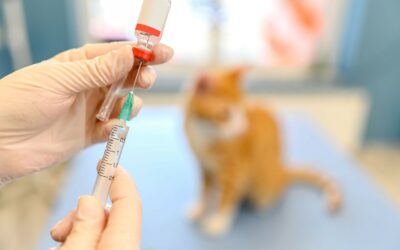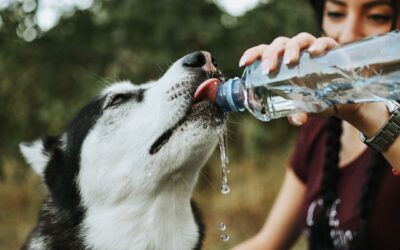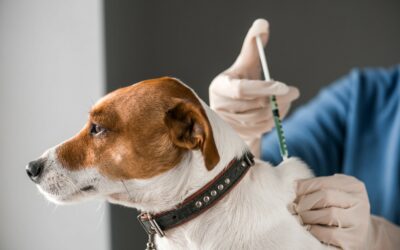Yes, incontinence in animals can often be treated, depending on the underlying cause. Treatment options vary based on the animal's species, age, overall health, and the specific reason for the incontinence. Here are some common approaches: Medication: Many cases of...
Blog
What Are The Best Tips For Weight Loss In Cats?
Helping a cat achieve a healthy weight involves a combination of diet management, exercise, and monitoring. Here are some effective tips for weight loss in cats: 1. Consult Your Veterinarian Health Assessment: Before starting any weight loss program, get a thorough...
How To Get Rid Of Bad Breath In Dogs?
Dealing with a dog's smelly breath involves identifying and addressing the underlying cause. Here are some common strategies to help improve your dog's breath: 1. Regular Dental Care Brushing: Brush your dog’s teeth regularly using a toothpaste specifically designed...
What To Expect When Euthanizing My Pet?
Deciding to euthanize a pet is a deeply emotional and challenging decision. Here’s a general overview of what to expect during the process: Before the Procedure Consultation with Your Veterinarian: Discuss your pet’s condition, quality of life, and options with your...
What Causes Diarrhoea In Pets?
Diarrhoea in pets can be caused by a variety of factors, and identifying the underlying cause is crucial for effective treatment. Here are some common causes: Dietary Issues: Sudden changes in diet, eating something they shouldn’t (like garbage or spoiled food), or...
What Vaccinations Does My Pet Need, And When?
The specific vaccinations your pet needs, and when, depend on their species, age, lifestyle, and regional health risks. Below is a general guide for dogs and cats: For Dogs: Core Vaccines (recommended for all dogs) DHPP (Distemper, Hepatitis,...
How Often Should My Pet Have Check-Ups?
The frequency of check-ups for your pet depends on factors like their age, species, and overall health. Here are some general guidelines: Puppies and kittens: They should have check-ups every 3–4 weeks until they are about 16 weeks old. This helps ensure they receive...
Is My Pet A Healthy Weight?
To determine if your pet is at a healthy weight, you can check a few key indicators: 1. Feel the Ribs: Ideal Weight: You should be able to feel their ribs without pressing too hard, but they shouldn’t be overly visible. Overweight: If you have to press hard to feel...
How Much Should I Feed My Pet?
The type and amount of food your pet needs depends on several factors such as species, breed, age, weight, activity level, and any underlying health conditions. Here’s a breakdown for different pets: For Dogs: Type of Food:...
How Can I Tell If My Pet Is In Pain Or Sick?
General Signs of Pain or Illness (Both Dogs and Cats) Changes in Appetite or Thirst: Decreased Appetite: Could indicate illness, dental pain, or gastrointestinal issues. Increased Thirst: May be a sign of kidney disease,...










